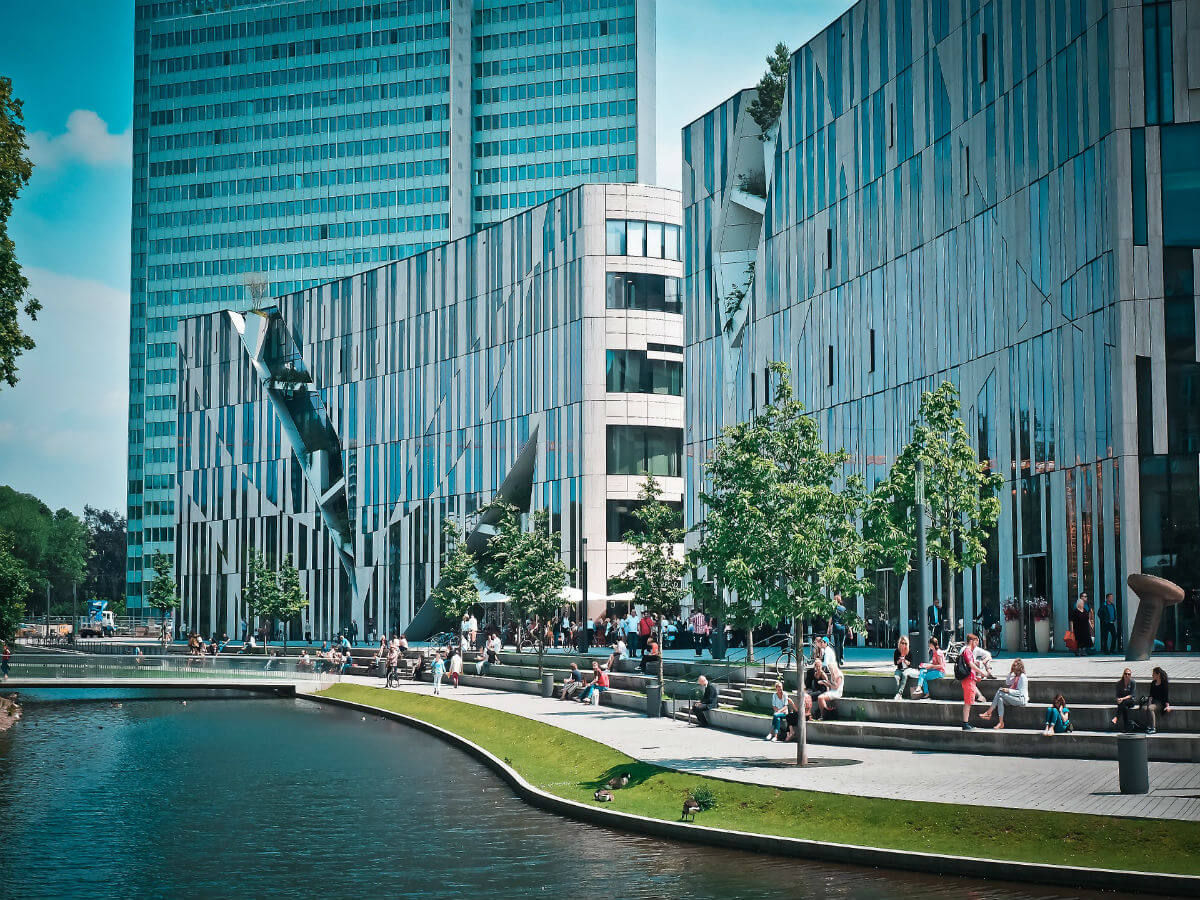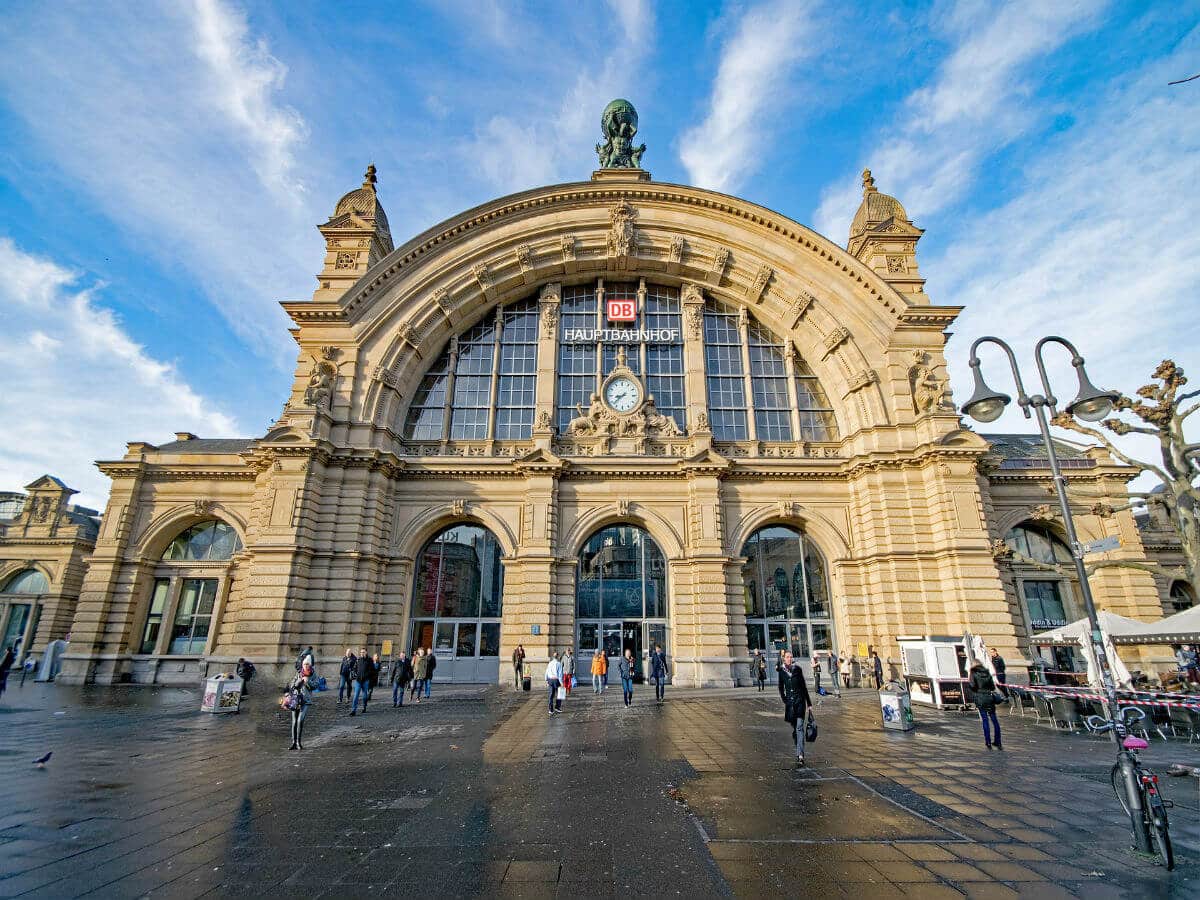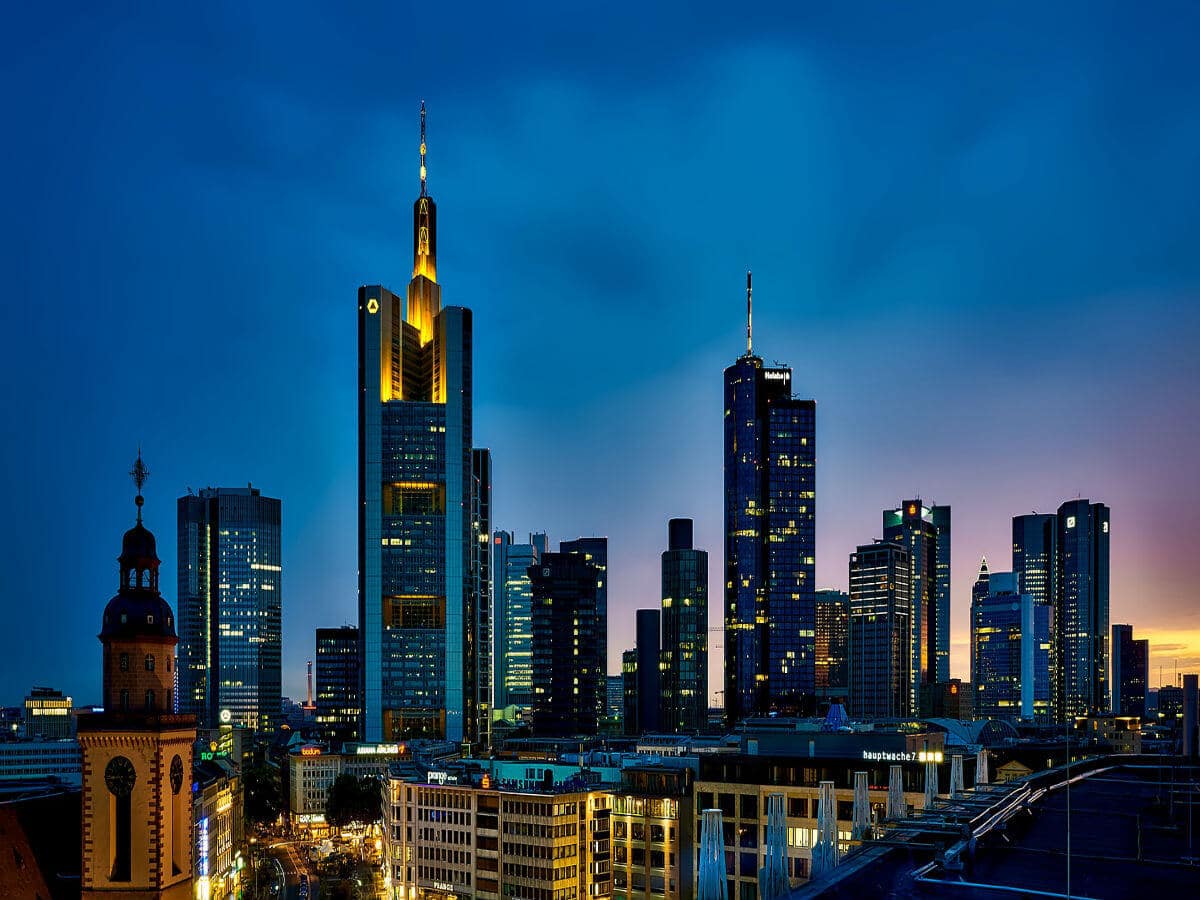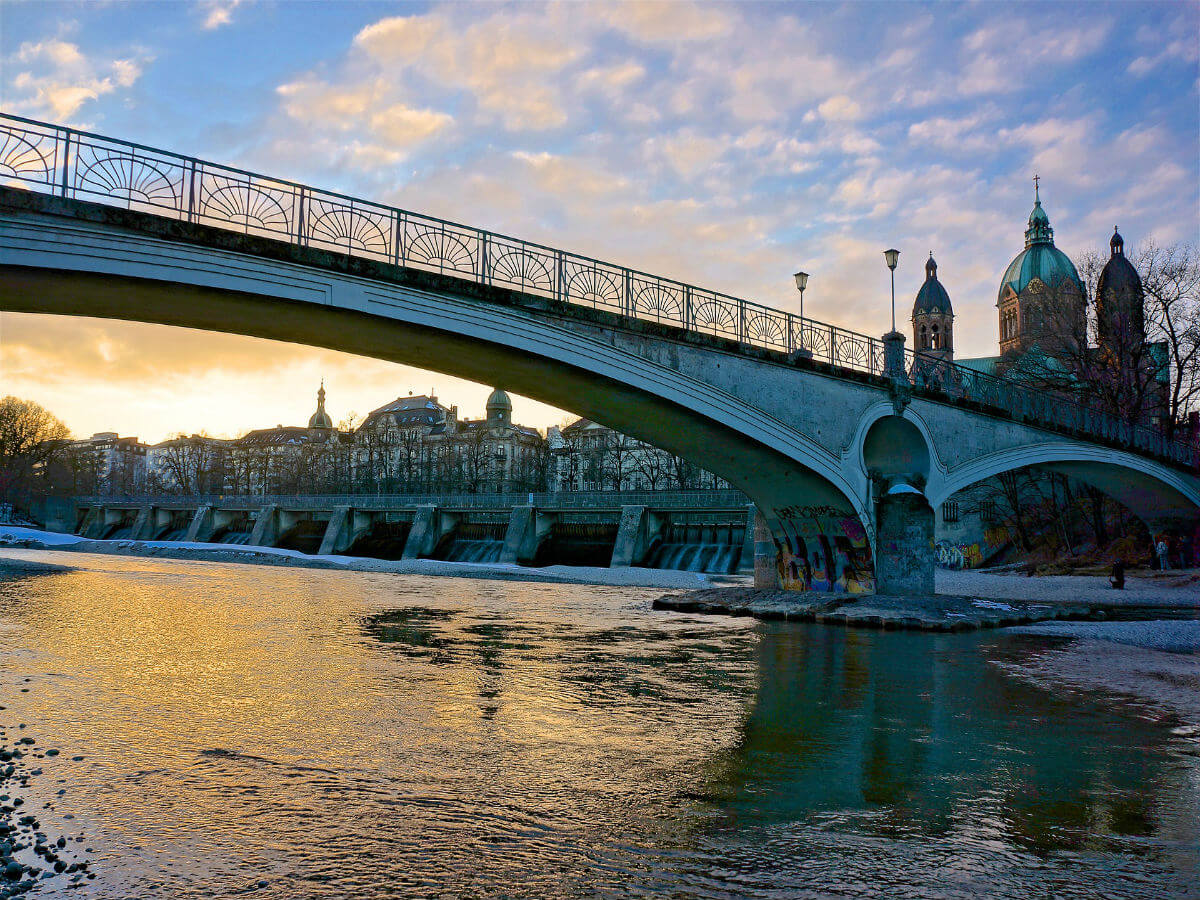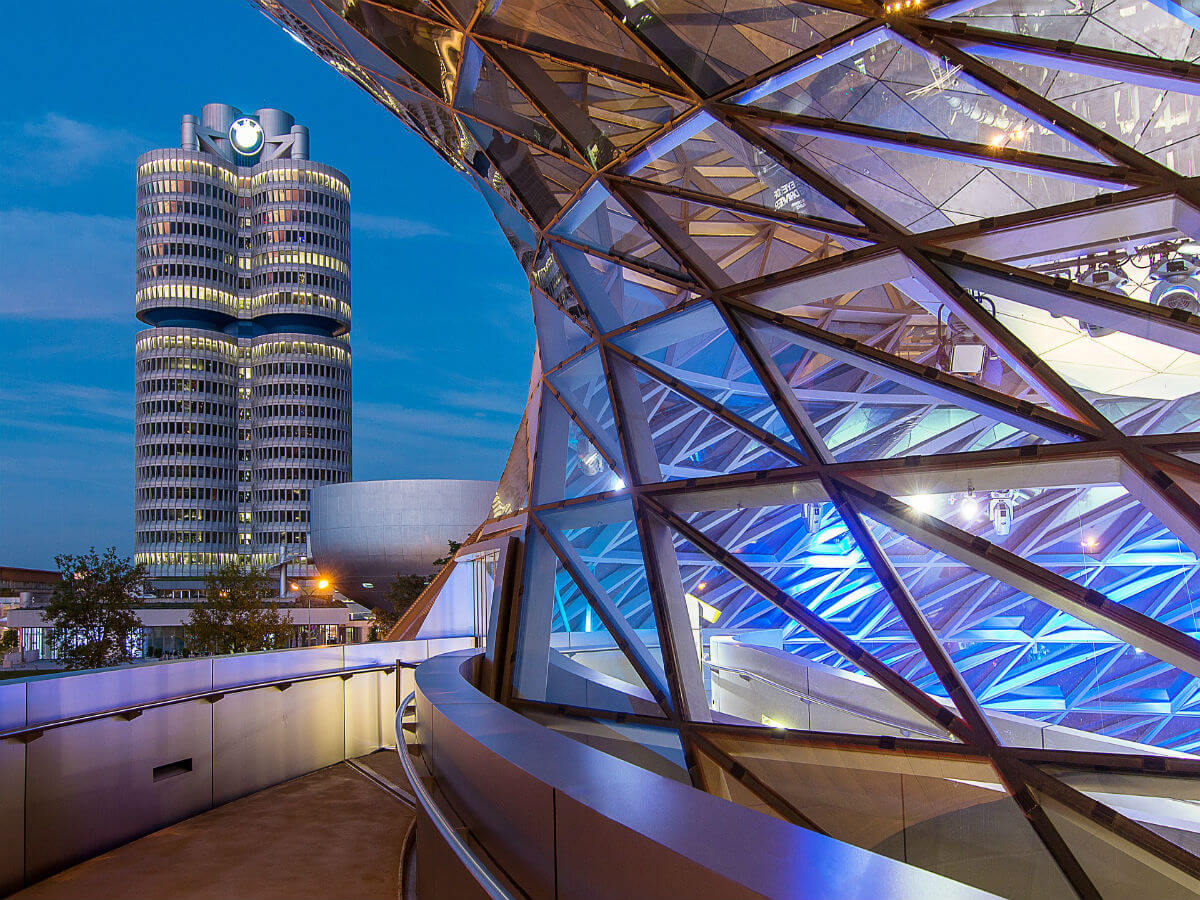Tour Packages
Germany Tour Packages
SUPER DEAL PRICE
STARTS FROM
per person on twin sharing
ATMs widespread availability ensures easy cash access.
Credit cards are accepted, but not everywhere.
Finding a bank is easy due to its widespread presence.
The legal drinking age in Germany is 18.
Germans are generally friendly and quite hospitable.
Germany - Visitors Statistics

Annually
3,47,10,000
Male51%
Female49%
By Purpose
Couples
For Newlywed Vacations
Family
For Family Vacations
Top Visitors from India
Delhi
Mumbai
Bengaluru
Chennai
Hyderabad
Kolkata
Jaipur
Ahmedabad
Pune
Lucknow
Everything You Need to Know About Germany
Germany has played a crucial role in altering the course of world history. No, we’re not referring to events leading up to World War II; rather, the country has given us some of the world’s most influential thinkers, Nietzsche, Marx, Kant, Wittgenstein, et al. While Martin Luther’s translation of the Latin Bible to vernacular German helped shape the Protestant Reformation and the German language, Albert Einstein helped transform classical physics. Even today, Germany is one of the most important countries in the world, it is Europe’s largest economy and a key member of the world’s economic, political, and defence organisations.
Germany is the eighth-most visited country in the world and the most visited country in Europe. Tourists visit Germany for its castles and palaces, beautiful landscapes like the Harz and Black Forest Mountains, museums, and Christmas markets. Not to mention the varied culinary delicacies, ranging from weisswurst and doner kebab to the ubiquitous black forest cake. Check out our Germany tour packages if you’d like to explore Deutschland.
View All Germany Tour Packages
Travel Tips

Visa Information
Check visa requirements before traveling, ensuring a smooth entry and compliance with destination regulations.

Health and Safety Tips
Prioritize health, stay hydrated, follow safety guidelines, and maintain personal hygiene for a secure journey.

Currency and Tipping
Familiarize with local currency, consider customary tipping practices for respectful and seamless travel experiences.
FAQs:
Book Your Dream Vacay Today!












